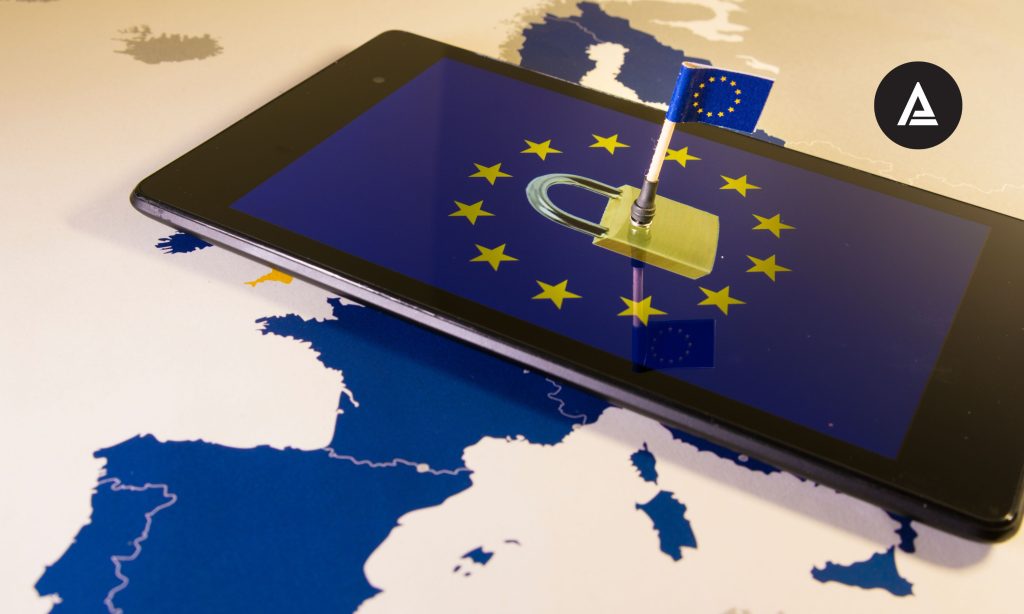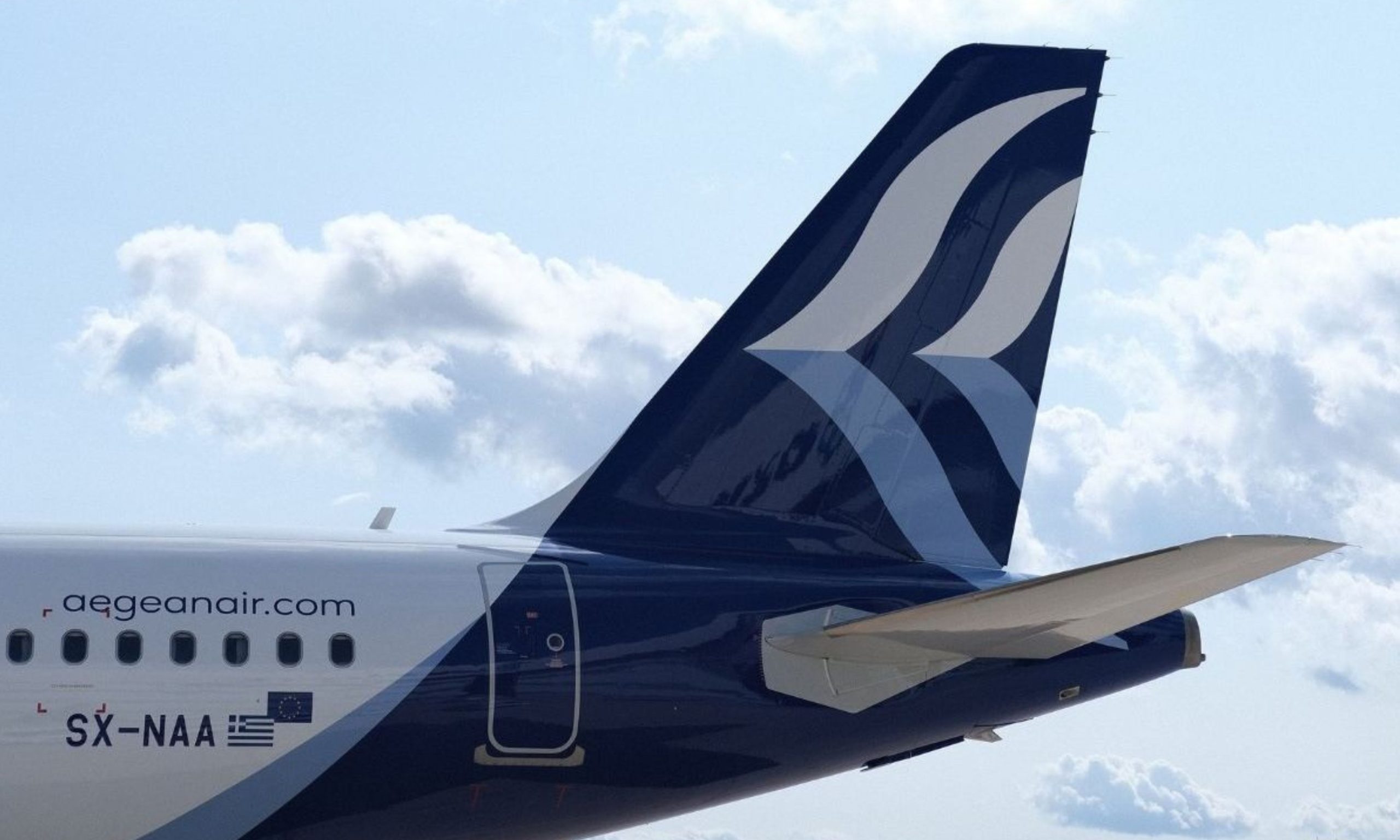
The European Union is officially launching the EU Entry/Exit System (EES) on October 12, 2025, marking the beginning of a six-month phased rollout that will modernize how travelers are processed across the Schengen Area. This new digital border control platform replaces manual passport stamping with a biometric system, capturing fingerprints and facial scans to record each entry and exit for non-EU nationals.
EES Implementation Timeline
By April 9, 2026, the full EES implementation timeline will be complete, introducing significant changes for business travelers from countries such as the UK and the US. The EES will affect anyone crossing the EU’s external borders for short stays, making efficient data tracking a central part of the travel process.
For corporate travel managers, this shift requires careful planning. While the new system is expected to improve long-term security and efficiency, the initial rollout may cause delays particularly for time-sensitive business trips and marine crew rotations.
ETIAS Fee Update and Exemptions
In addition to EES, the European Travel Information and Authorization System (ETIAS) is scheduled to go live in late 2026. Once launched, it will require travelers from visa-exempt countries to obtain ETIAS authorization before entering the EU for short stays. At the same time, the ETIAS fee increase from €7 to €20 will take effect, representing a notable change in cost planning for corporate travel budgets.
Travelers exempt from the ETIAS fee include:
- Children under the age of 18
- Adults aged 70 and over
- Immediate family members of EU citizens
An ETIAS authorization will be valid for three years and allow multiple short visits of up to 90 days within any 180-day period across 30 participating countries. The fee adjustment, still under review by the European Council and Parliament, brings ETIAS in line with similar systems globally.
Global Trend: Increase in Travel Permit Fees
These changes are part of a wider global trend. The UK’s ETA for EU citizens was recently raised to £16 (€18.50), and the US ESTA is expected to rise from $21 to $40, although a formal implementation date has not yet been confirmed. With such shifts taking place, companies must stay informed to maintain smooth operations and avoid unexpected delays or costs.
Expert Travel Management Support
Successfully navigating this evolving travel landscape requires experienced guidance. As specialists in corporate travel and marine travel, Antaeus Travel Group offers continuous support to business and marine travelers, from real-time updates and expert 24/7 human support to personalized, cost-effective travel solutions. With the EU’s move toward a fully digital and biometric border infrastructure, having a trusted partner ensures your travel plans remain compliant, efficient, and future-ready.
